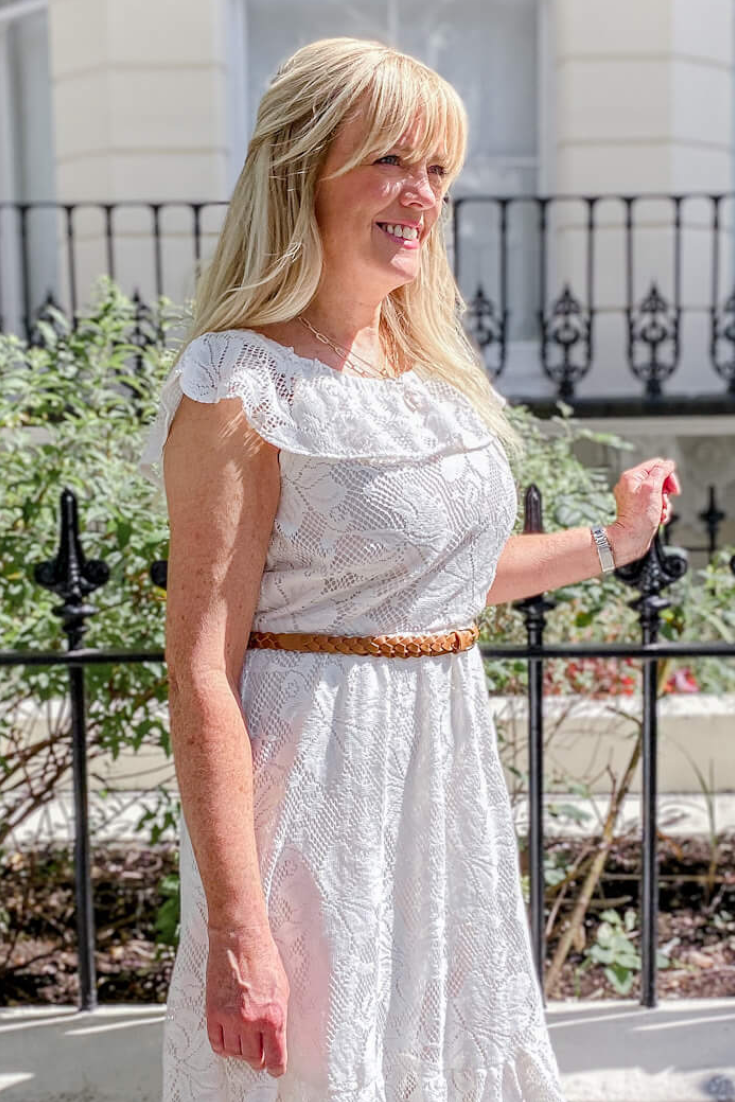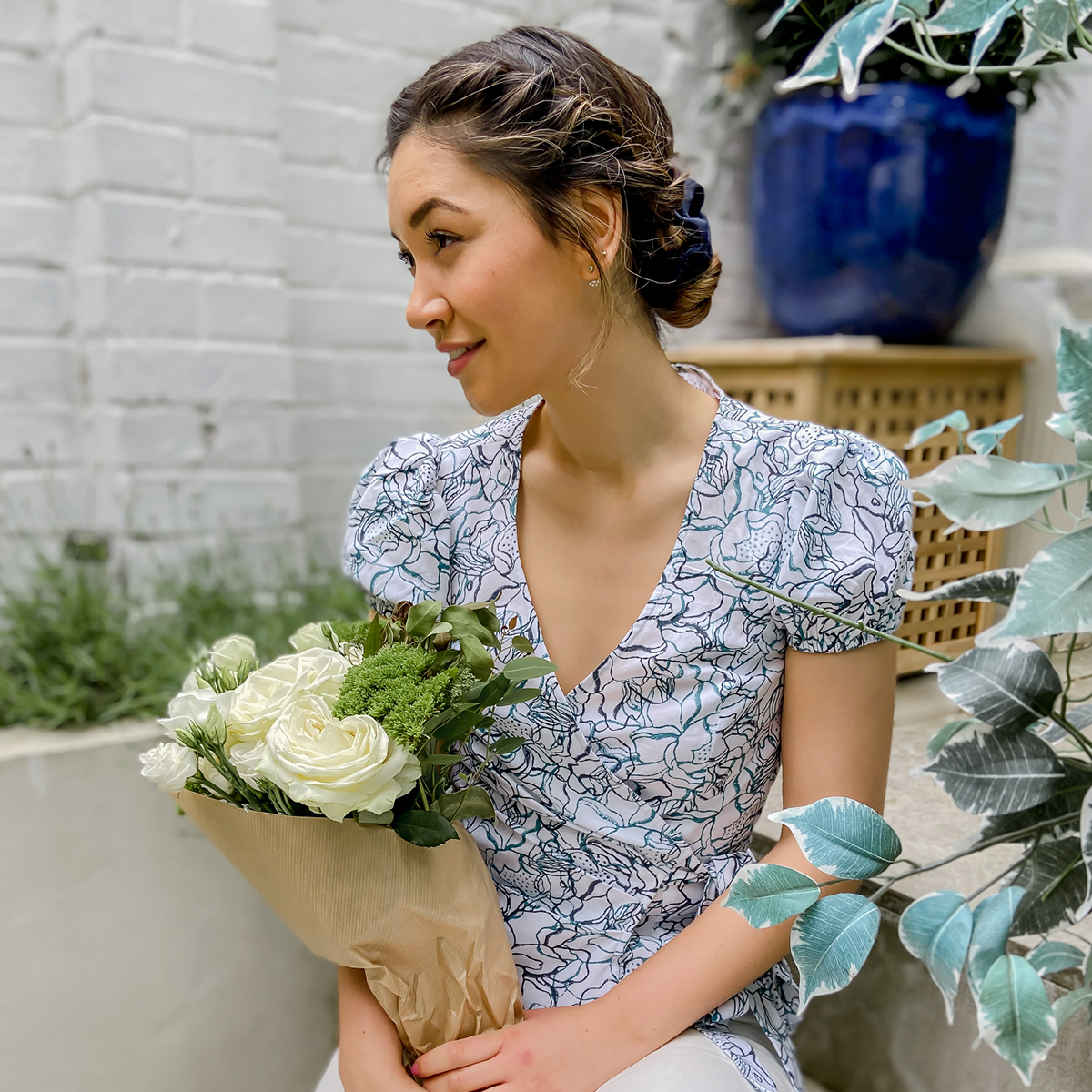Interview with the founder of Jenerous


Thank you for wanting to be part our exclusive network. What were your reasons for joining us and investing in the Ethical Brand Directory / Academy and community?
I’ve been thinking about joining the EBD since founding Jenerous last year, as I believe it to be a beneficial step in growing the Jenerous brand. Being part of the Ethical Brand Directory, will make a strategically significant contribution to Jenerous’s development, because it will raise awareness of the brand, endorse our ethical credentials and help us achieve growth through expanding our route to market. It will also connect me with a group of like minded people and a support network.
Can you give me a brief overview of your brand and the type of products you sell?
Jenerous is a new ethical fashion brand that launched in Sept 2019. We are a social enterprise, non-profit business committed to giving back and changing lives in India where our clothing is made. We sell clothing and accessories, for women and girls, and combine artisan hand block printing with contemporary style. We partner with Fairtrade and artisan producers and use sustainable and dead-stock fabrics. Our style is current yet timeless, and we offer a range of matching mini me girls dresses.
Jenerous is a brand that is ethical, stylish and affordable.
We are a non-profit brand that is on a mission to transform lives in India through training and work opportunities and the profits from our sales. We strive to be sustainable in our fabric and production processes and put people and the planet above profit.
We believe that our product is stylish, affordable and contemporary, showcasing artisan Indian hand-block printing, for a truly unique product.
What was your WHY? What inspired you to set up your business?
Whilst working as a fashion designer for the UK High Street, I visited India in 2007 as a volunteer and taught in a school on the outskirts of Delhi. After seeing the extreme poverty and the need for employment, I was inspired to think about what I could do to help. So I set up Jenerous after taking a career break to look after my young children. Through Jenerous, I hope to use my skills and experience to make a positive difference, and use fashion as a force for good.

What challenges do independent brands like yourself face?
A new brand requires a lot of promotion and recommendation, so that the brand becomes known and trusted and therefore sales can be achieved. Being able to reach our potential customer with such a small voice and budget is hard. I have also found challenges around sourcing fabrics and suppliers that work on smaller volumes.

Why is it important to be ethical in business?
Acting ethically is personally important to me, as it reflects my values and mission in life. I think ethical businesses can lead by example and show that it is possible to act ethically and still be successful. I also believe that there is a growing demand for ethical and sustainable product as people start to think more about the impact of fashion on people and the environment.
What steps are you taking to ensure your brand operates as ethically as possible?
We are committed to working with ethical and Fairtrade manufacturers to ensure that our producers are paid fairly and promptly and have safe working conditions. We honoured our orders during the covid-19 crisis and helped pay our factories salaries during lockdown by donating 100% profits on selected products. We are transparent about our suppliers. We give back from every purchase to support our teams in India and donate towards charity projects. We are a non-profit Community Interest Company.

How important is sustainability for businesses? What are you doing in your business to reduce your environmental impact?
We source sustainable fabrics such as organic cotton that use much less water and harmful pesticides in its production. A small amount of our collection is made from dead-stock fabrics that may otherwise end up in land fill. We have partnered with an ethical block printers who use environmentally friendly dyes for printing. We use up our off-cuts to make accessories and girls dresses, which reduces our waste. We use biodegradable mailers for deliveries to keep our use of plastic to a minimum.
What are you not doing in your business but want to improve on?
We are keen to move to using 100% sustainable fabrics and are looking into transparency and the ethical production of our fabrics from field to manufacturer. We plan to reduce our international travel and liaise remotely with India where possible.

What is your supplier and sourcing policy?
We only work with ethical and Fairtrade suppliers, currently based in India. We source sustainable fabrics and are committed to increasing the percentage of our collection that is made from sustainable fabrics.
In 10 years from now where would you like to see the fashion/beauty/travel world? From a business and a consumer perspective
I would like to see sustainable and ethical products and processes being the norm, with customers prioritising brands that source responsibly.
Do you have any favourite ethical and sustainable quotes, or any key influencers that inspire you?
Fast Fashion isn’t free. Someone, somewhere is paying. Lucy Siegle
Buy less, choose well, make it last. Vivienne Westwood
Act as if what you do makes a difference. It does. William James
Why should the general public care about supporting ethical and environmentally responsible brands?
Because every person can make a difference through their purchasing choices, and collectively bring about change to the fashion industry.
